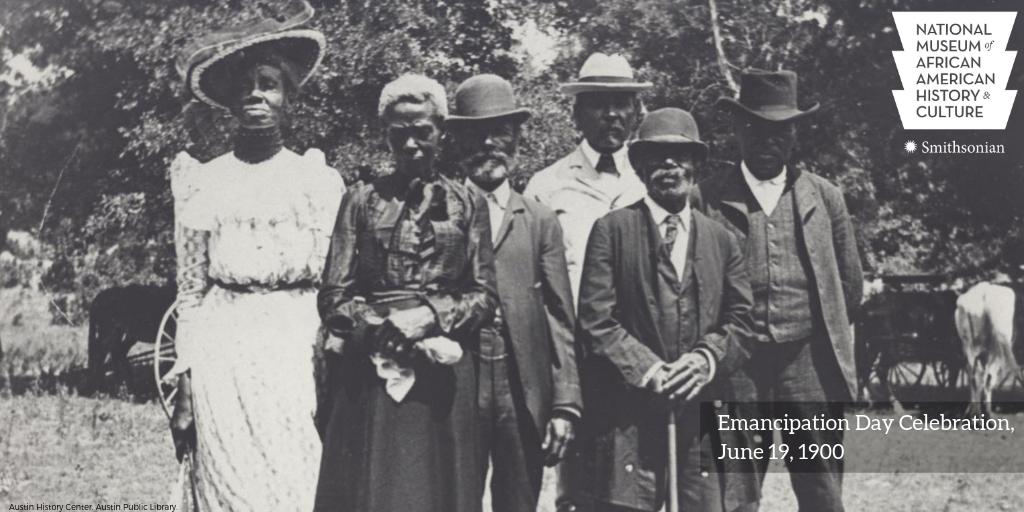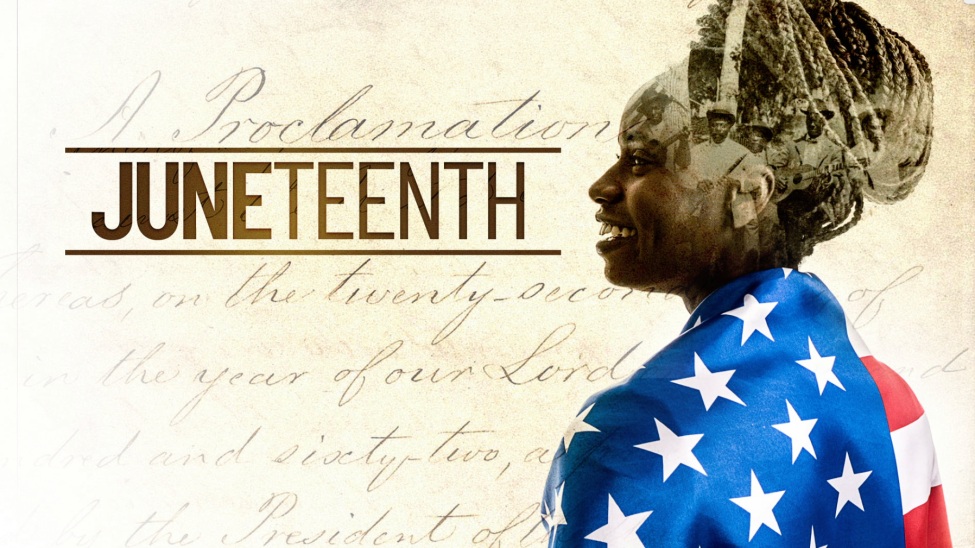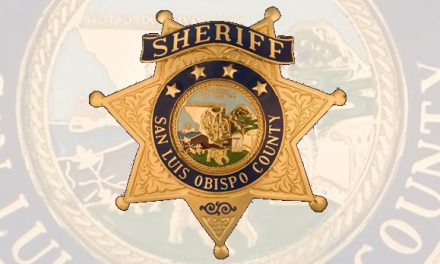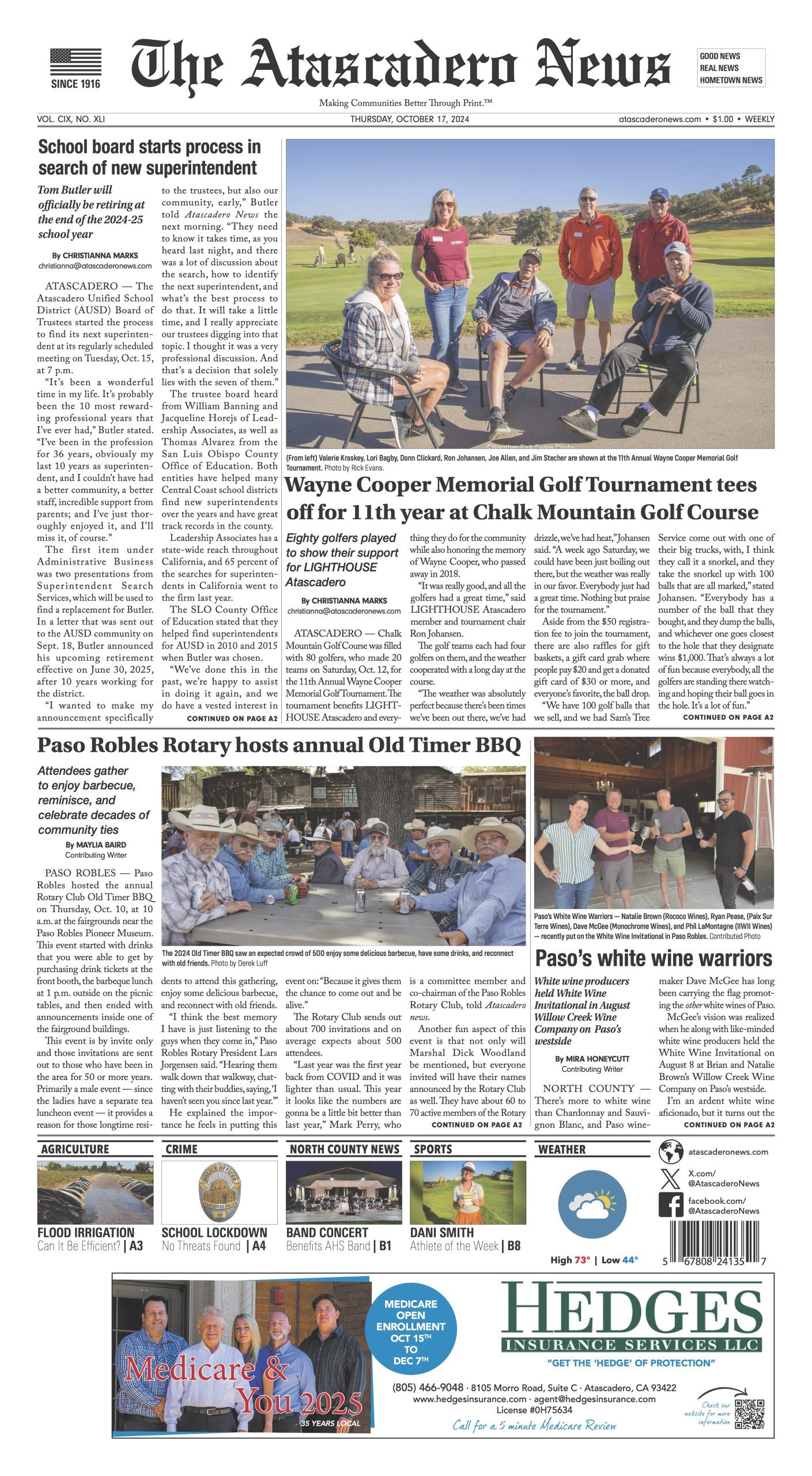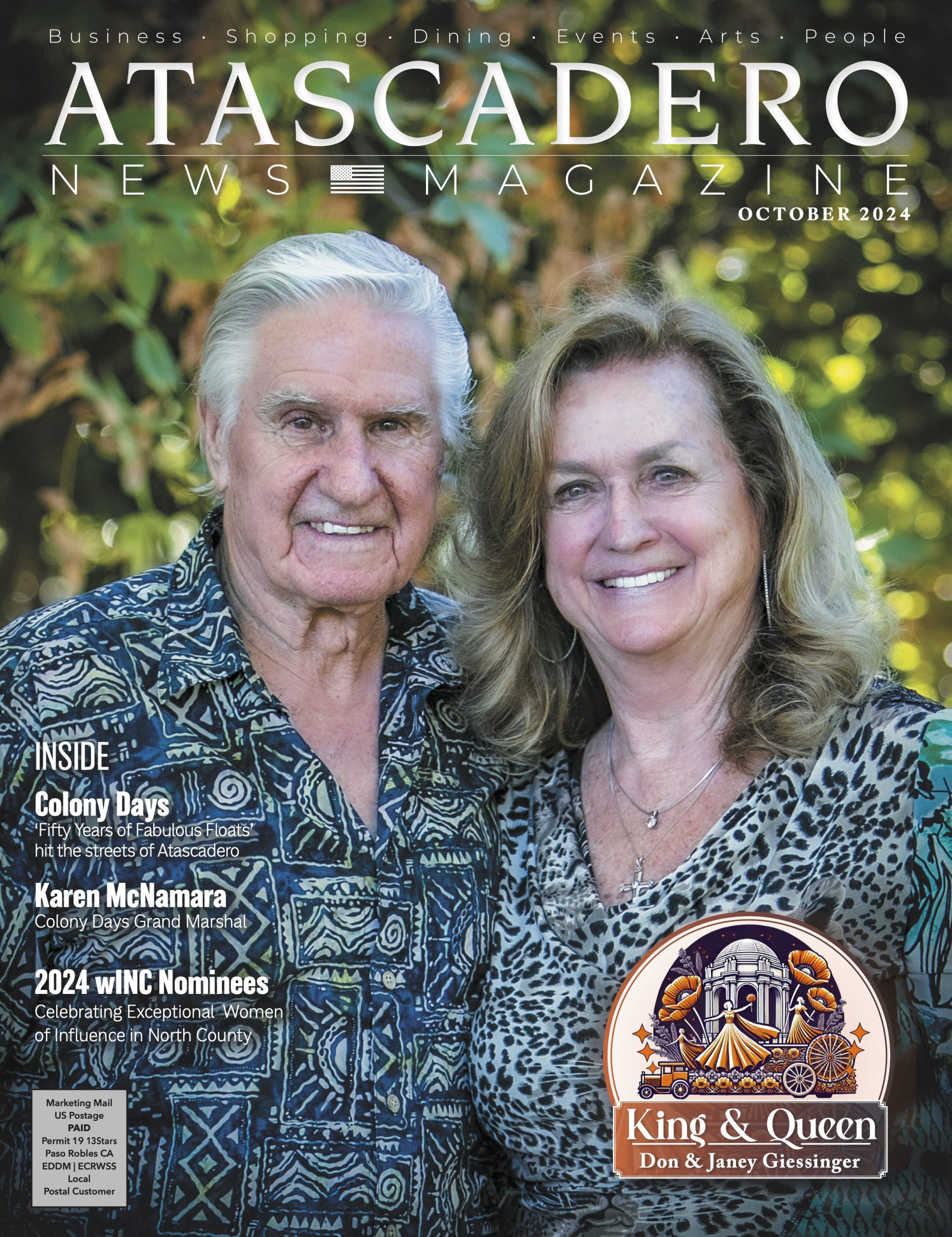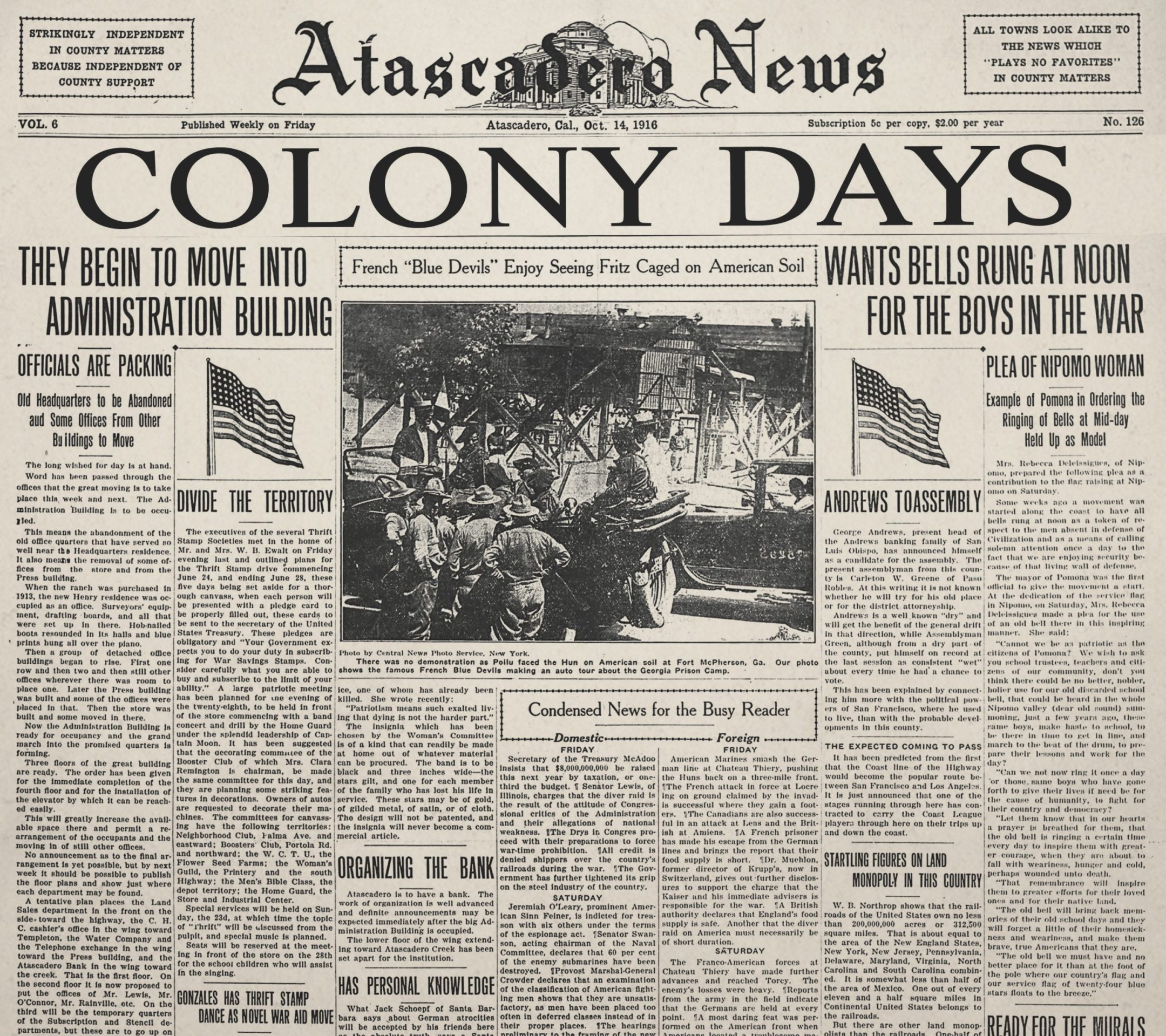June, the first month of Summer, is home to a day of remembrance that has been recognized and celebrated over the years; however, it only recently became a federally observed holiday.
Juneteenth marks the final stop on June 19, 1865, of Union Major General Gordon Granger arriving in Galveston, Texas, to announce, “The people of Texas are informed that, in accordance with a proclamation from the Executive of the United States, all slaves are free…”
Juneteenth (which is short for June 19) marks the emotional and purposeful end to the American Civil War, fought between a Democratic Party intent to expand slavery into new states and a Republican Party created in 1854 to oppose the extension of slavery led by then-President Abraham Lincoln.
Upon Abraham Lincoln’s election as the 16th president of the United States, with a clear mandate to act in some way on the existence of state-sanctioned slavery — which violated the inalienable human rights emblazoned in the Declaration of Independence and principles vested in the Bill of Rights. The conflict was inevitable, and the Civil War was a long and bloody war that cost 620,000 American lives on both sides of the conflict.
Juneteenth is the proclaimed end to that conflict, announced to the people of Galveston, Texas, in June of 1865 — little more than a month after the final battle of the Civil War, the Battle of Palmito Ranch.
The final conflict of a war that spanned more than four years — April 12, 1861, to May 13, 1865 — was fought on what the Texas Observer described as “an unremarkable patch of salt prairie to the east of Brownsville, where on May 12 and 13, 1865, a Union advance was beaten back by Confederate artillery fire. About 800 troops were involved at what came to be called the Battle of Palmito Ranch.”
Approximately 300 miles north, Maj. Gen. Granger rode into Galveston with his announcement less than 40 days later, and the day would live on as a true day of celebration for the end of state-sanctioned slavery in the United States.
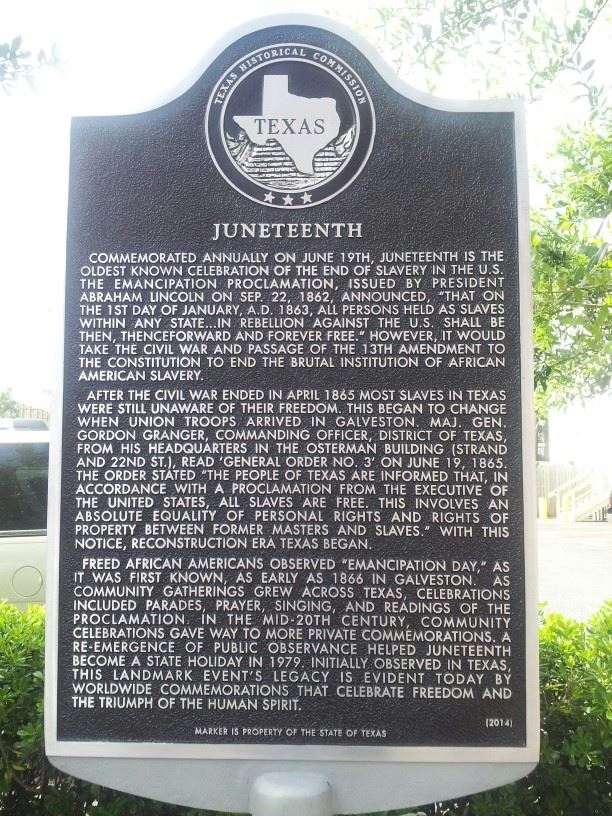
While the Emancipation Proclamation was far more famous, ringing the words of President Lincoln in the heart of the nation, it was Granger’s announcement that gave birth to the holiday, Juneteenth.
According to the National Archives, “Although the Emancipation Proclamation did not end slavery in the nation, it captured the hearts and imagination of millions of Americans and fundamentally transformed the character of the war. After January 1, 1863, every advance of federal troops expanded the domain of freedom.”
Moreover, the Proclamation announced the acceptance of black men into the Union Army and Navy, enabling the liberated to become liberators. By the end of the war, almost 200,000 black soldiers and sailors had fought for the Union and freedom.”
With new vigor, Union soldiers battled against a ferocious Confederate Army for another two and a half years after Lincoln issued the Emancipation Proclamation on January 1, 1863.
Ironically, the Second Battle of Galveston also happened on January 1, 1863. A land-sea attack by Confederate Maj. Gen. John B. Magruder successfully retook the island of Galveston and forced the Union out to sea.
The Civil War waged on with 257 more battles in 29 months after the famous Emancipation Proclamation, according to the Civil War Sites Advisory Commission.
The end of the Civil War came not with a bang, but a whimper as 800 soldiers on both sides fought the Battle of Palmito Ranch, which the Confederate army won — on the southern-most land to hold a battle in the war.
But the final Confederate victory was of little to-do, as the announcement by Maj. Gen. Granger was a proclamation of victory for the Union and the end of the practice of slavery in the United States.
Juneteenth today stands as the day in history when the proclamation that “all slaves are free” was made in all corners of the nation. The holiday had gained attention in the latter part of the 20th century, but the celebration of the holiday remains concentrated in southern states, especially in Texas, where it has been celebrated for more than 150 years.
In 2020, then-President Donald Trump announced Juneteenth would be made a national holiday; and it become official when the Senate unanimously passed a resolution and then signed into law by President Joe Biden on June 17, 2021, which established June 19 as Juneteenth National Independence Day, commemorating the end of slavery in the U.S.
The now federal holiday is culturally significant to all Americans as the announcement of the end of state-sanctioned slavery and the unceremonious end of the most deadly war in American history.
Click here for local North County Events to celebrate Juneteenth.
